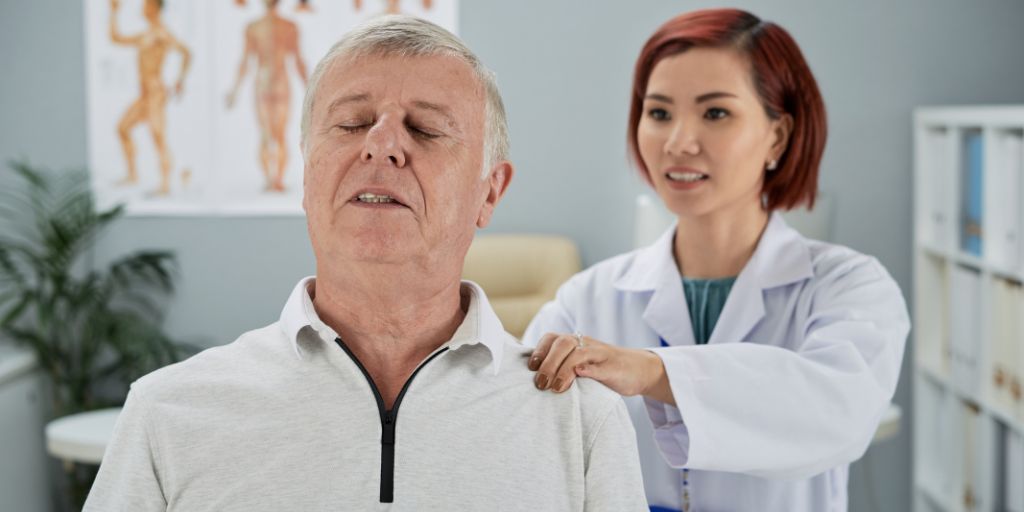
Many of us experience different joint aches and pains throughout our lives but back pain can be one of the most common and most worrying to us when it occurs. There are lots of things which you can do to help yourself when it happens and things which we now understand help to reduce the likelihood of it happening again.
Andy Reilly, the Deputy Head of Physiotherapy at North Cumbria Integrated Care NHS Trust has some advice and top tips for dealing with back pain.
He said: “Back pain is very common with 95% of us likely to experience it at some point in life and 65% of us are likely to have further episodes. The good news is that 98% of back pain needs no treatment and resolves with just some simple steps to help it on its way.
Advice on back pain has changed over the years and there are a number of things that you can do to help when it occurs. Some of the current messages on back pain include:
Your back is stronger than you may think
Most people will experience back pain during their lifetime. It can be restrictive and worrying but it is very common and rarely dangerous.
Avoid bedrest, stay in work and gradually resume normal activities
There’s now lots of evidence to show that prolonged rest and avoiding normal activities for people with low back pain actually leads to higher levels of pain, greater disability, poorer recovery and longer absence from work. “Relative” rest in the first few days and taking painkillers will help you keep some level of activity and help you recover quicker.
Do not fear bending or lifting
Bending and lifting are often portrayed as causes of back pain and while an injury can occur if something is picked up in an awkward or unaccustomed way, it’s most likely to just be a sprain or strain.
Exercise and activity reduce and prevent back pain
Exercise is shown to be very helpful for tackling back pain and is also the most effective strategy to prevent future episodes.
Get good quality sleep
The importance of sleep in tackling back pain has become increasingly clear in recent years, as has recognising when stress, anxiety and other high emotions can affect our pain.
The Chartered Society of Physiotherapy provides a number of different pieces of information which are available online: https://www.csp.org.uk
If your back pain continues to be a problem you can speak to your GP Surgery or self-refer to your local IMSK Physiotherapy Department.
If you experience and of these symptoms you are advised to speak to your GP.
· difficulty passing urine or having the sensation to pass water that is not there; Numbness/tingling in your genitals or buttocks area;
· Loss of bladder or bowel control;
· Impaired sexual function, such as loss of sensation during intercourse;
· Loss of power in your legs;
· Feeling unwell with your back pain, such as a fever or significant sweating that wakes you from sleep.”












